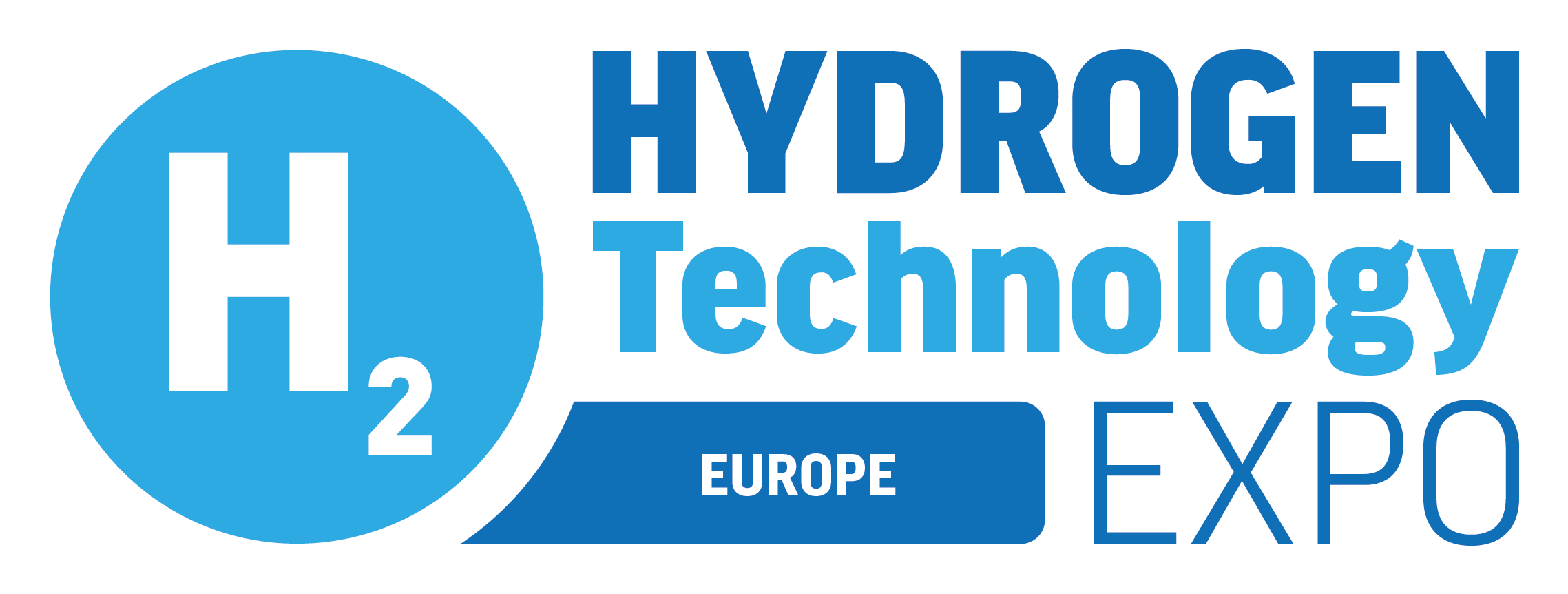University of York uses organic waste to produce hydrogen
)
An excellent new method to produce hydrogen and simultaneously capture carbon dioxide has been developed by researchers at the University of York. The method the researchers have developed uses organic waste as a feedstock.
This H2Boost project has a core aim to create a commercially viable and sustainable process when it comes to producing biohydrogen from organic waste. Right now, this project is being conducted under the Department for Energy and Security, as well as Net Zero’s Hydrogen BECCS Innovation Programme.
Throughout the H2Boost project, a dark fermentation process was put into practice and within this process microbes break down organic waste without light. The effect of this, is that hydrogen is efficiently generated, whilst CO2, which is a by-product, is effectively captured.
Funding for this project was supplies by the UK government’s £1bn Net Zero Innovation Portfolio (NZIP). H2Boost was led by York University’s Biorenewables Development Centre and it was also carried out in partnership with the University of Leeds.
Programme Operations Manager at the Biorenewables Development Centre, Penny Cunningham, stated that, ‘the production represents a “significant technical breakthrough.”’
Cunningham continued, “Our novel approach to producing clean hydrogen from waste while removing CO2 is not only technically feasible but also holds significant promise for large-scale sustainable energy solutions in the future.”




)
)
)
)
)
)
)
)
)
)
)
)
)
)
)
)
)
)
)
)
)
)
)
)
)

)
)
)
)
)
)
)
)
)
)
)
)
)


)
)
)
)
)
)
)
)
)
)
)
)

)

)
)
)

)
)
)

)
)
)
)
)
)
)
)
)
)
)


)
